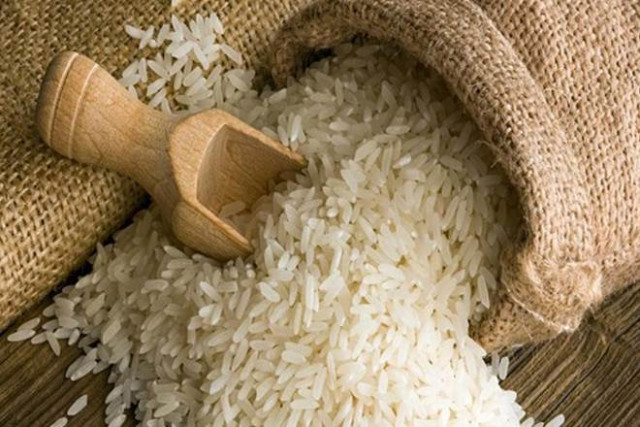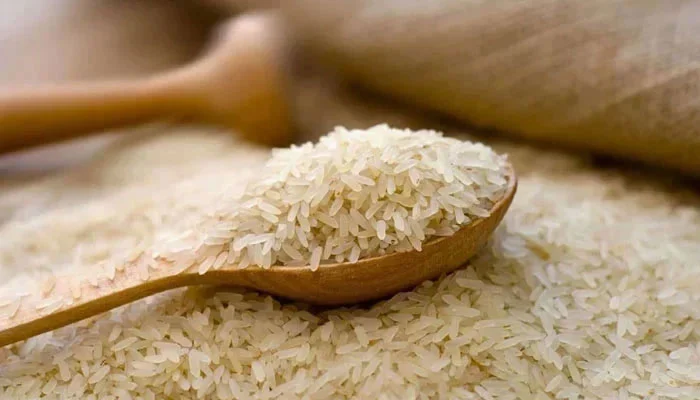Tags
Start pilot cultivating rice on peatland

Is polder rice a feasible circular alternative for cows on peatland? A pilot experiment started this week. On May 22nd, researchers from Leiden University and Wageningen University & Research (WUR) planted roughly 3,000 rice plants on the Polderlab near Leiden. The researchers want to test rice as a middle pathway for sustainable peatland management in the future: raising the water levels but still producing food. Furthermore, growing rice locally further reduces the imports of staple foods from abroad and fits well in a more circular agriculture.
Rice could be an interesting crop for the Netherlands because it grows well on inundated land. This means that peat mineralisation and land subsidence are halted. Further, problems with sea water intrusion and salinisation can be limited by higher fresh water levels. Also, the rice paddies could provide valuable habitat for wetland species such as amphibians and dragonflies. But can rice really grow on peatlands in the Netherlands? Though several innovative farmers in the Netherlands have experimented with rice in recent years, it’s not clear yet if it works. For this experiment the researchers obtained a type of rice which has recently been successfully introduced in Northern Switzerland and should thus be able to handle the Dutch climate.
Win-win
If everything goes well, the researchers hope to harvest the rice by the end of September. Researcher Julian Helfenstein recounts: ‘In Northern Switzerland, rice has been taken up by several farmers in peatland areas. This has proven to be a win-win for biodiversity and farmers. So there seems to be huge potential in the Netherlands with similar climate but much larger peatland areas.’

Even then, many open questions remain. Helfenstein: ‘Where would it make sense to grow rice? How can rice be harvested while fields remain inundated? What are the impacts on greenhouse gas emissions, phosphorus leakage from saturated peatlands, water regulation, and biodiversity conservation? Could peatlands agriculture, currently dominated by dairy production, transition to rice-based farming? Answering these questions will be valuable also for other high latitude countries trying to transition to more sustainable agricultural practices on peatland.’
Polderlab
The experiment is carried out on Leiden University’s Polderlab, a piece of farmland owned by citizen cooperative Land van Ons. In this lab, Leiden University is researching the agriculture of the future. Researcher Maarten Schrama of the Centre for Environmental Sciences Leiden: ‘The big question, of course, is whether it won’t have huge ecological drawbacks. Doesn’t this field of rice emit too much methane? And what does it do to water quality? That is what we are including in our research. New ideas are needed for crops in the wet parts of the lowlands. In the Polderlab, we hope to quickly learn where agriculture in the lowlands needs to go.’
Interdisciplinary research
The interdisciplinary nature of the project is also reflected by its team members: Julian Helfenstein from Environmental Sciences (Wageningen), Tom Schut from Plant Sciences (Wageningen), Aart van der Linden from Animals Sciences (Wageningen), and Maarten Schrama from Leiden University. In addition, there is Sander Roeleveld: the farmer who makes all of this possible.
/Public Release. This material from the originating organization/author(s) might be of the point-in-time nature, and edited for clarity, style and length. Mirage.News does not take institutional positions or sides, and all views, positions, and conclusions expressed herein are solely those of the author(s).
https://www.miragenews.com/start-pilot-cultivating-rice-on-peatland-1011799/Published Date: May 23, 2023





